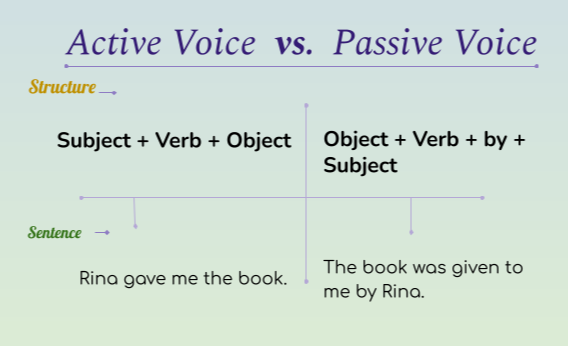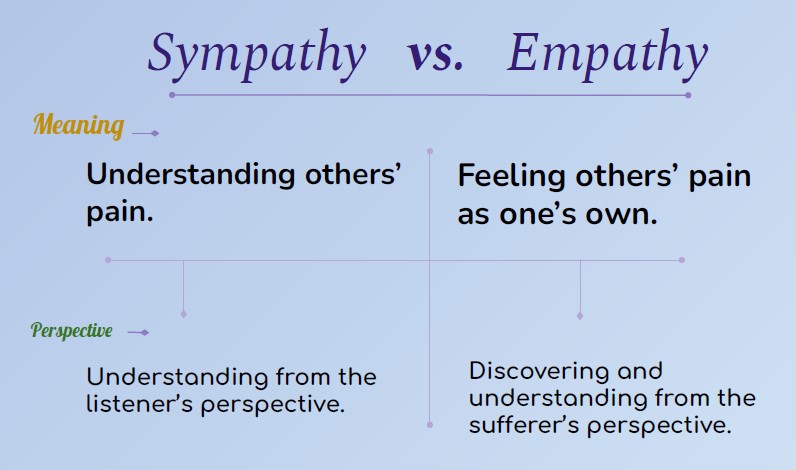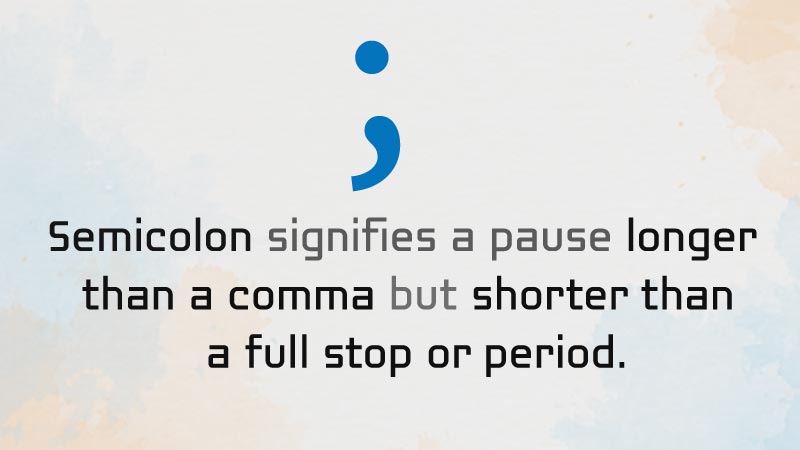Singular They - Wrong or Right?
"They" is the third person plural pronoun in English. But there had been a cult move to use it in front of singular antecedents. That is to say that it has been in use for the longest time in the singular setting but in a solely informal manner without being fully accepted in the English language.
History of Singular “They”
The singular “They” had been first used in literature back in 1375 in French romantic poet Guillaume de Palerme’s William and the Werewolf. The modern English version of what was written in Middle English the poem was - “Each man hurried… till they drew near… where William and his darling were lying together.” That goes to show that singular they had been used in literature way back in the late 1300s. It has been around for even longer in speech. Language is incorporated into literature only after already being in use in the spoken language for a long period of time.
18th-century grammarians had suddenly started finding faults with “grammatically incorrect” use of the third person plural pronoun, “they”. Being a plural pronoun, “they” should always be paired with plural antecedents according to the grammar police. Though the English grammar does not raise an eyebrow when the second person pronoun, “you” is used as plural as well as the singular, when “they” attempt to do the same, that does not sit well. Such duality!
There are basically two uses of singular they in English.
Unknown or Unknowable Subject
The pronoun, “they” can be used to refer to the unknown and unknowable singular subjects. Sometimes the gender of the subject does not hold much importance and a number-neutral “they” seem like the best option. One can avoid using weird replacements like “s/he” and “he or she”. There can be plenty such situations where neither it is possible to determine the gender of the subject nor that accounts for anything in particular. Suppose, you are talking about an incident where you do not remember who exactly it was but you can recall how you were barred from entering an event and it is important to describe the incident rather than specifying who did that. Saying “he or she” while mentioning the perpetrator time and again can be such a linguistically tiring thing to do. This singular gender-neutral use of they can be an apt alternative to their clumsy substitutes.
Example:
- Somebody has to come looking for their bag soon.
- I did not see the thief. They just came and snatched my phone.
- The shopkeeper should expect shoppers to find them for complaint.
Gender Neutral Pronoun “They”
There are a number of people who do not like to conform to the common gender binary. Their non-binary approach towards gender makes them feel a void for a suitable pronoun in the English language. “They” has the potential to fill that void and can be used as a singular pronoun to cater to the need of the non-binary, genderfluid or agendered individuals. Having a new gender neutral singular pronoun would make the English language that much more versatile, accommodating and accepting in nature. A fresh practice of not assuming someone’s gender solely based on name or look is being popularized nowadays. Letting people choose their own pronouns is an inclusive trend going around to cater to the versatile need of the LGBTQIA+ community. Singular “they” possess the power of filling such a big void in English, the International Language of the world.
Example:
- Rony is ready for their
- Don’t stop your sister from devoting themselves.
Personal Gender Pronouns
Neglected from the beginning of the formation of modern society structure, the LGBTQIA+ community had been gasping for acceptance and a place in society and language. Allowing people to choose the pronouns they want to associate themselves with can be a hand of friendship extended towards the LGBTQIA+ community that has been long due. That is indirectly a show of tolerance and acceptance towards a sect of the society that has been denied existence for the longest time. Singular gender neutral they can be that long-awaited truce.
Not only the LGBTQIA+ community but also the rest of the world should be able to choose their personal pronouns since it should be a choice whether one would prefer to express their gender every time they refer to themselves or others since discrimination based on gender is the oldest kind of othering and bias there is and people have been privileged or frowned upon based on their gender identity for many years.
Why Not Accept the Singular “They”?
Conventionalists will not sit around as such a controversial shift in language and society in general takes place. Most people would raise an eyebrow even after it gets accepted into the mainstream English language. Conventionalists have a tendency to scream “all’s been ruined” at any revolution that tends to break out. Where the world is divided in the matter of LGBTQIA+ rights, it is clearly high hopes to think that the singular they will be granted a place in language at everyone's discretion. That may be the reason why it is yet to be wholeheartedly accepted in the English language even though it has been in use informally and in literature for ages.
Though they is a plural pronoun, grammatically speaking, it can be efficiently used in singular settings as well. It does not necessarily give birth to additional confusion rather increases the efficiency of the English language. So, there is no good reason to shy away from its singular use.
Grammar
Read More
- How to Use "Therefore" in Sentences Avoiding Common Mistakes
- How to Use "Whereas" with Examples and Avoid Common Mistakes
- When and How to Use "Thus" Correctly Without Common Mistakes
- How to Use "On the Contrary" Properly with Meaning and Examples
- When and How to Use "Either/Or" with Examples and Common Mistakes to Avoid
- How to Use "On the Other Hand" Effectively without Mistakes
- How to Use "Respectively" with Example and Common Errors to Avoid
- How and When to Use "Moreover" Without Mistakes
- How to Use "Likewise" in Sentences Based on Context & When not to Use
- When & How to Use "Although" in Sentences to Avoid Mistake




